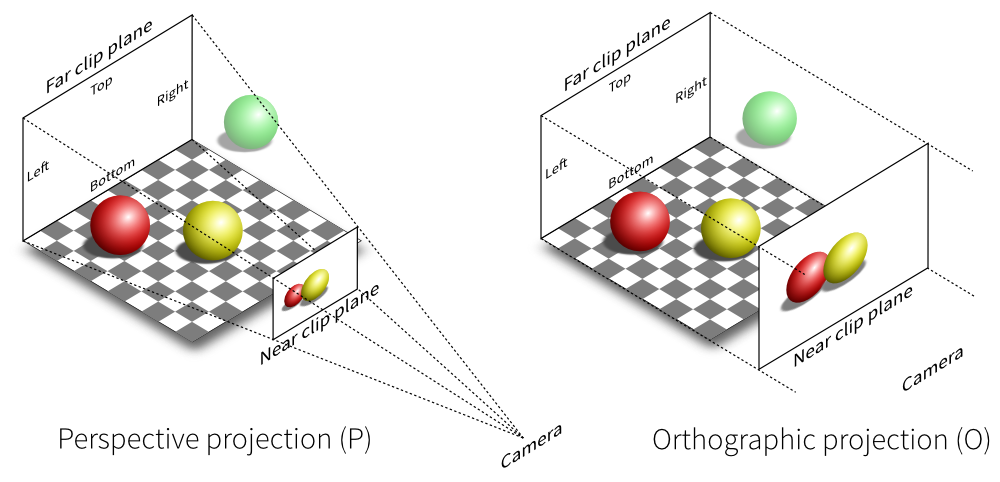1
2
3
4
5
6
7
8
9
10
11
12
13
14
15
16
17
18
19
20
21
22
23
24
25
26
27
28
29
30
31
32
33
34
35
36
37
38
39
40
41
42
43
44
45
46
47
48
49
50
51
52
53
54
55
56
57
58
59
60
61
62
63
64
65
66
67
68
69
70
71
72
73
74
75
76
77
78
79
80
81
82
83
84
85
86
87
88
89
90
91
92
93
94
95
96
97
98
99
100
101
102
103
104
105
106
107
108
109
110
111
112
113
114
115
116
117
118
| #include <bits/stdc++.h>
inline char read() {
static const int IO_LEN = 1024 * 1024;
static char buf[IO_LEN], *ioh, *iot;
if (ioh == iot) {
iot = (ioh = buf) + fread(buf, 1, IO_LEN, stdin);
if (ioh == iot) return -1;
}
return *ioh++;
}
template<class T>
inline void read(T &x) {
static bool iosig = 0;
static char ioc;
for (iosig = 0, ioc = read(); !isdigit(ioc); ioc = read()) if (ioc == '-') iosig = 1;
for (x = 0; isdigit(ioc); ioc = read()) x = (x << 1) + (x << 3) + (ioc ^ '0');
if (iosig) x = -x;
}
template<class T, size_t size>
struct MemoryPool {
T buf[size], *tail, *end;
int top;
inline T *alloc() {
if (tail != end) return tail++;
return new T;
}
MemoryPool() : top(0), tail(buf), end(buf + size) {}
};
const int MAXN = 300100;
const int INF = (INT_MAX >> 1) - 1;
struct Data {
int u, v, w;
inline bool operator < (const Data &b) const { return w < b.w; }
} data[MAXN << 1];
int n, m, tmp[MAXN], tmpSize, a[MAXN], q, cnt;
struct Edge {
Edge *next;
int v;
Edge() : next(NULL) {}
inline void init(const int v, Edge *next) { this->v = v, this->next = next; }
} edge[MAXN << 2];
Edge *head[MAXN], *cur = edge;
inline void addEdge(int u, int v) { (++cur)->init(v, head[u]), head[u] = cur; }
struct UnionFindSet {
int father[MAXN + 100];
inline int &operator [] (const int i) { return father[i]; }
inline int get(const int x) { return x == father[x] ? x : father[x] = get(father[x]); }
} ufs;
struct Node {
Node *lc, *rc;
int cnt;
inline Node *init(Node *lc, Node *rc, const int cnt) { return this->lc = lc, this->rc = rc, this->cnt = cnt, this; }
inline Node *clear() { return lc = rc = NULL, cnt = 0, this; }
inline int rank() const { return lc ? lc->cnt : 0; }
} *root[MAXN + 100];
MemoryPool<Node, 5000000> pool;
inline Node *build(const Node *p, const int l, const int r, const int value) {
if (l == r) return pool.alloc()->init(0x0, 0x0, p->cnt + 1);
register int mid = l + r >> 1;
if (value <= mid) return pool.alloc()->init(build(p->lc, l, mid, value), p->rc, p->cnt + 1);
else return pool.alloc()->init(p->lc, build(p->rc, mid + 1, r, value), p->cnt + 1);
}
inline int query(const Node *p1, const Node *p2, const int l, const int r, const int k) {
if (l == r) return tmp[l];
register int mid = l + r >> 1, sum = p2->rc->cnt - p1->rc->cnt;
if (k <= sum) return query(p1->rc, p2->rc, mid + 1, r, k);
else return query(p1->lc, p2->lc, l, mid, k - sum);
}
int dep[MAXN], father[MAXN][20], st[MAXN], ed[MAXN], idx;
inline void dfs(const int x) {
dep[x] = dep[father[x][0]] + 1, st[x] = ++idx;
for (register int i = 1; i <= 18; i++) {
if (dep[x] < (1 << i)) break;
father[x][i] = father[father[x][i - 1]][i - 1];
}
if (x <= n) root[idx] = build(root[idx - 1], 1, tmpSize, a[x]);
else root[idx] = root[idx - 1];
for (Edge *p = head[x]; p; p = p->next)
father[p->v][0] = x, dfs(p->v);
ed[x] = idx;
}
int main() {
read(n), read(m), read(q), cnt = n;
for (register int i = 1; i <= n; i++) read(a[i]), tmp[i] = a[i];
std::sort(tmp + 1, tmp + n + 1), tmp[0] = -INF;
for (int i = 1; i <= n; ++i) if (tmp[i] != tmp[i - 1]) tmp[++tmpSize] = tmp[i];
for (register int i = 1; i <= n; i++) a[i] = std::lower_bound(tmp + 1, tmp + tmpSize + 1, a[i]) - tmp;
for (register int i = 1; i <= m; i++) read(data[i].u), read(data[i].v), read(data[i].w);
std::sort(data + 1, data + m + 1);
for (register int i = 1; i < n << 1; i++) ufs[i] = i;
root[0] = pool.alloc()->init(0x0, 0x0, 0), root[0]->lc = root[0]->rc = root[0];
for (register int i = 1; i <= m; i++) {
register int x = ufs.get(data[i].u), y = ufs.get(data[i].v);
if (x != y) {
ufs[x] = ufs[y] = ++cnt, addEdge(cnt, x), addEdge(cnt, y), a[cnt] = data[i].w;
if (cnt == (n << 1) - 1) break;
}
}
for (register int i = 1, x; i <= n; i++) {
x = ufs.get(i);
if (!st[x]) dfs(x);
}
register int preAns = 0;
a[0] = INF;
for (register int i = 1, x, y, z; i <= q; i++) {
read(x), read(y), read(z), x ^= preAns, y ^= preAns, z ^= preAns;
register int rt = x;
for (register int j = 18; j >= 0; j--) {
if (dep[rt] < (1 << j)) continue;
if (a[father[rt][j]] <= y) rt = father[rt][j];
}
if (root[ed[rt]]->cnt - root[st[rt] - 1]->cnt < z) preAns = -1;
else preAns = query(root[st[rt] - 1], root[ed[rt]], 1, tmpSize, z);
std::cout << preAns << "\n";
preAns = preAns < 0 ? 0 : preAns;
}
return 0;
}
|



